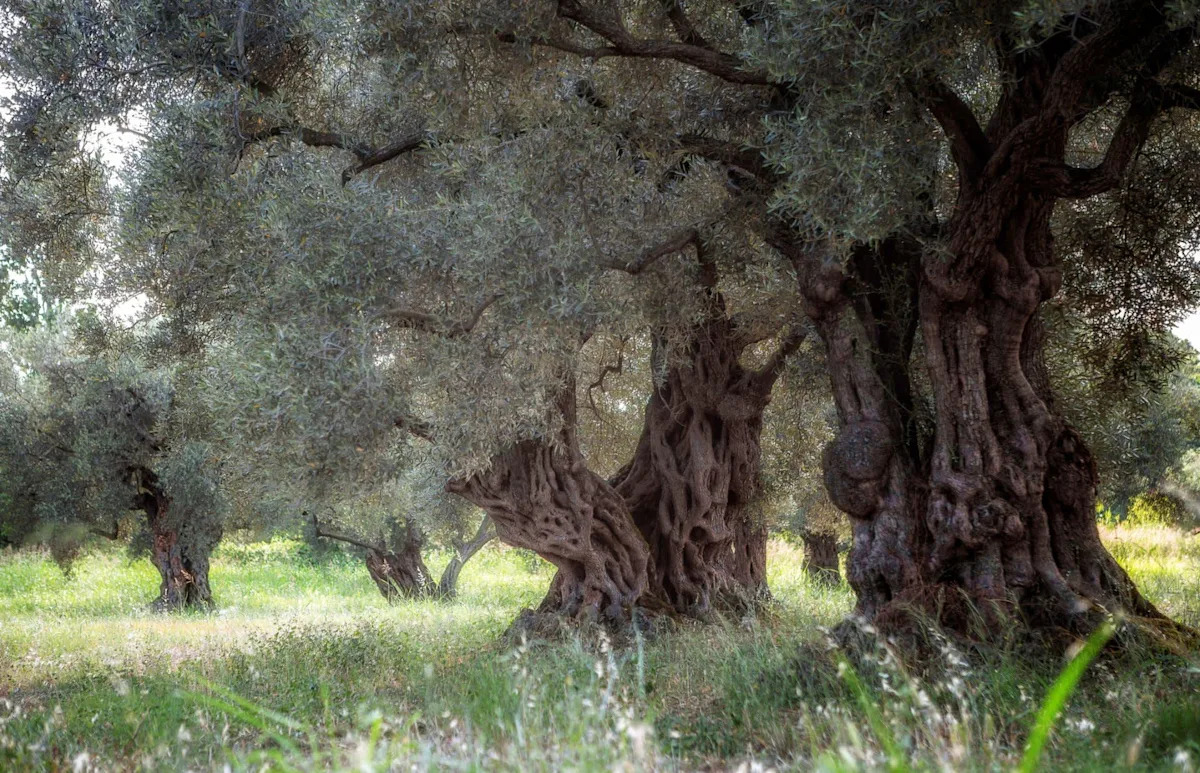A wildlife protection group in Greece, Anima, is becoming increasingly overwhelmed by the number of wildlife species in need of care, as Phys.org shared. Changing climate patterns and extreme weather events are destroying habitats, reducing available food and water, and making survival much more difficult for wildlife.
What’s happening?
Following an unusually warm winter, Greece experienced the extreme end of summer temperatures, enduring its earliest heat wave ever recorded in June. The extreme heat led to the closing of schools and popular tourist spots, keeping humans out of harm’s way.
For wildlife, however, there was no escaping the brutal conditions.
Birds would jump from their nests, leaving them earlier than usual to avoid being roasted alive by the trapped heat. In search of water sources, wildlife in Crete became poisoned by salt water when they drank from the sea.
Hot and dry weather paired with strong winds creates the perfect environment for wildfires to catch and spread. Wildfires destroy habitats, kill wildlife, and displace them, Nikos Georgiadis of World Wildlife Fund Greece explained, per Phys.org.
According to Phys.org, around 45,000 hectares, or 111,200 acres, of land have been burned throughout Greece this year. In August, 150 new forest fires started throughout the country in just two days, according to Greek Reporter.
Anima admitted 1,586 animals in July and 2,125 animals in June, according to Phys.org.
“Last year we thought that it was the worst year we had ever seen. … And then we had June,” said Anna Manta, an Anima staff member, per Phys.org.
Why are extreme weather events important?
In the face of extreme weather events, including droughts and heat waves, wildlife have nowhere to seek refuge.
Humans, at the very least, can generally retreat to their homes or public spaces, where we enjoy the luxury of air conditioning and shelter to keep cool.
Other extreme weather events, like wildfires and droughts, have more tangible consequences that affect people’s daily lives. Homeowners insurance rates have spiked because of the increased risk of extreme weather events, and crop yields have suffered globally due to unpredictable weather events.
What can I do to help?
Sometimes, climate issues feel larger than the progress we make to solve those very problems. However, as climate youths in Canada continue to underscore, the fight’s not over. Every effort made to alleviate the human-induced causes of rising global temperatures makes a big difference in the communities and wildlife suffering from extreme heat, food insecurity, displacement, or worse.
Supporting local climate causes — such as donating money to organizations that help rehabilitate injured wildlife, like Anima — enables them to continue their important work.
On an individual level, you can make conscious swaps, such as riding a bike or walking instead of driving, to help lower harmful carbon pollution.
Join our free newsletter for good news and useful tips, and don’t miss this cool list of easy ways to help yourself while helping the planet.

